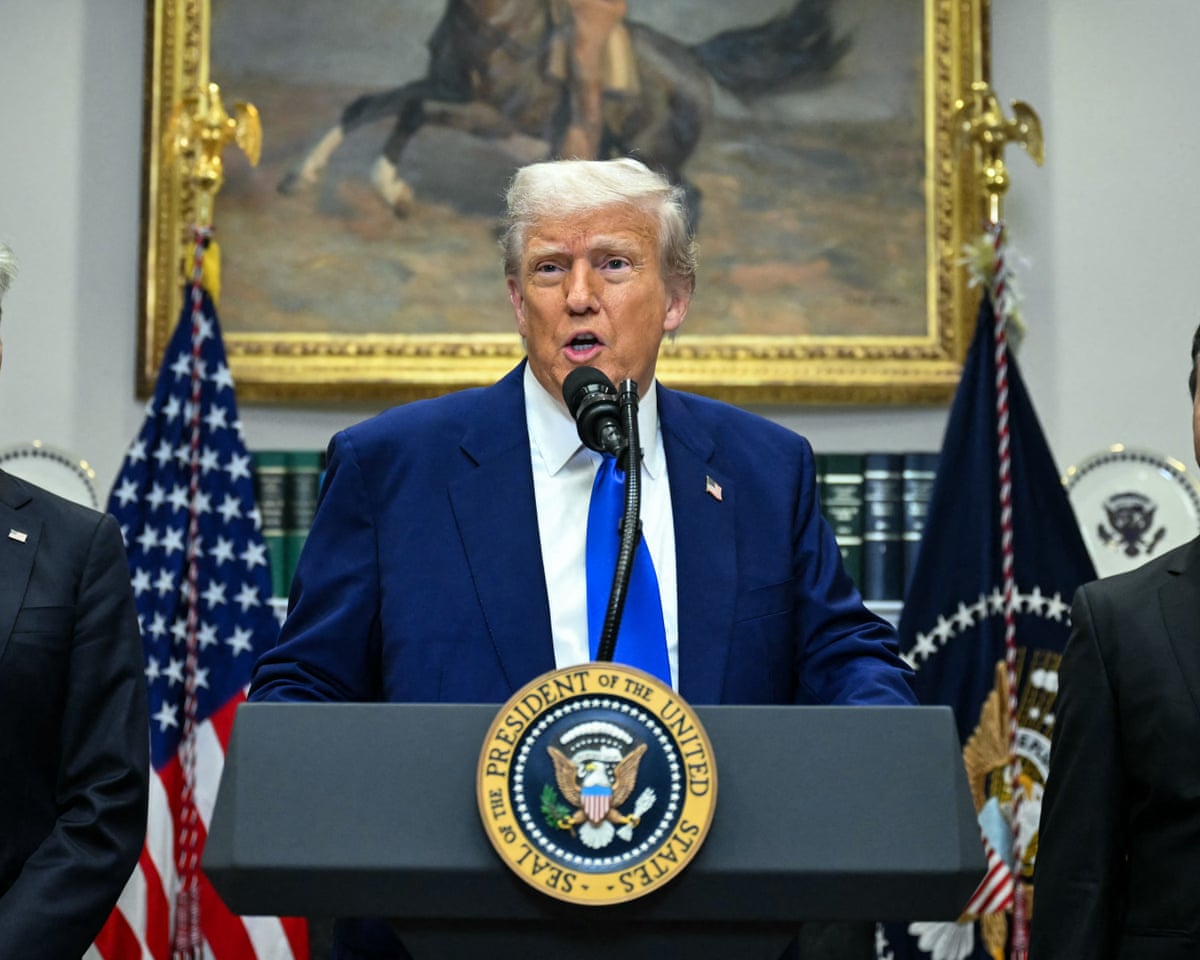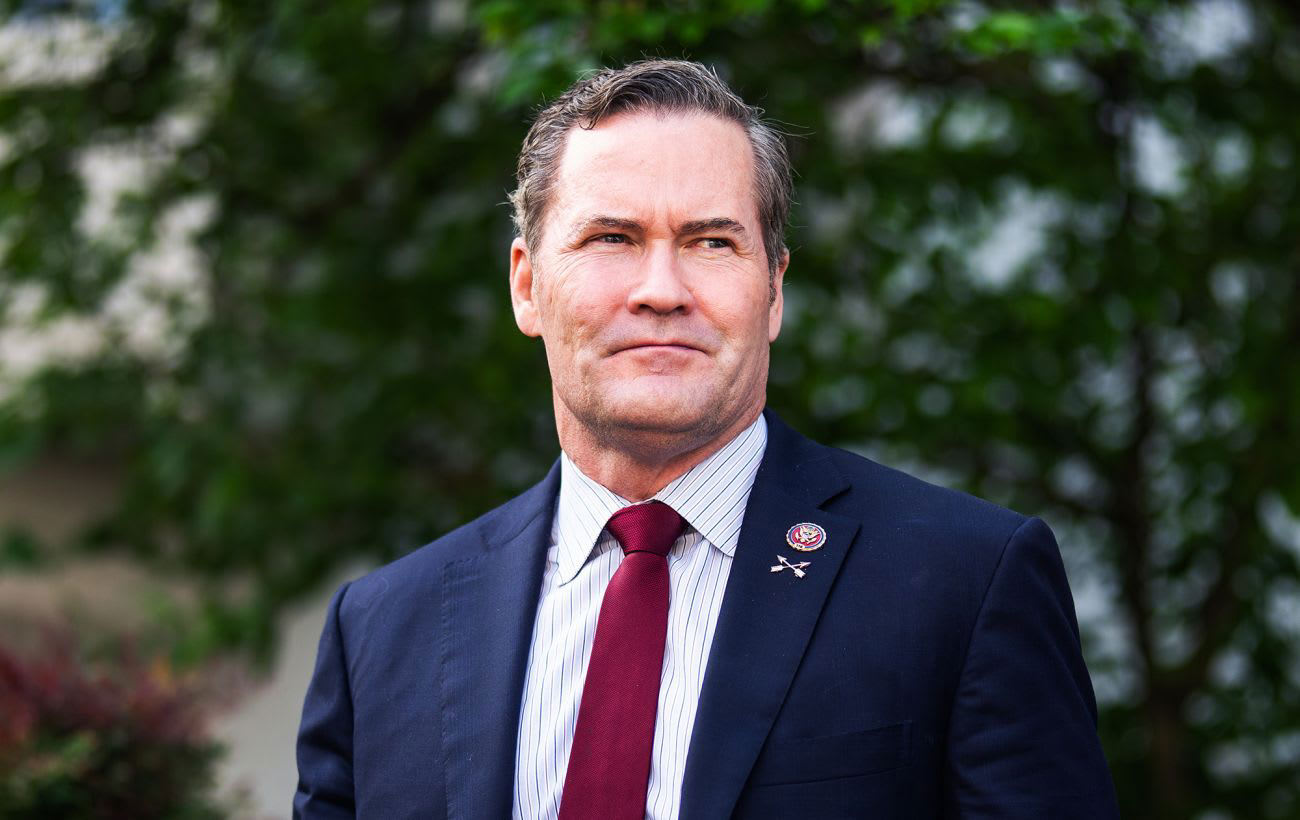Russia Proposes Limited Air Truce with Ukraine, Citing Trump and US Sanctions Pressure
In a surprising move, Russia is reportedly considering a limited air truce with Ukraine that would halt drone and missile strikes as a "goodwill gesture" towards former President Donald Trump. This development, first reported by Bloomberg, comes amidst increasing pressure from potential U.S. sanctions and reflects the complex interplay of international diplomacy and domestic politics.
Background & Context
The ongoing conflict between Russia and Ukraine, which began in 2014, has been marked by significant military confrontations and geopolitical tensions. Following Russia"s annexation of Crimea and its support for separatist movements in eastern Ukraine, relations between Moscow and the West have deteriorated sharply. The imposition of extensive sanctions by the United States and its allies has aimed to cripple the Russian economy and diminish its military capabilities.
As the situation continues to evolve, recent developments have intensified discussions around a possible truce. The proposed ceasefire comes at a time when Russia may be seeking to alleviate the economic strain caused by sanctions, particularly in light of the upcoming U.S. presidential election. The notion of offering a gesture to Trump, who has previously expressed a desire for improved relations with Russia, adds an intriguing layer to this diplomatic maneuver.
Key Developments
According to sources familiar with the discussions, the proposed air truce would involve a temporary halt to aerial bombardments, allowing for a pause in hostilities while maintaining the overall military strategy in Ukraine. This limited ceasefire is perceived as a tactical move rather than a comprehensive peace initiative. The Kremlin"s rationale appears to be twofold: to project an image of reasonableness on the global stage while also attempting to mitigate the impact of potential sanctions from the U.S.
In a statement, a Kremlin spokesperson indicated that this gesture is not indicative of a broader change in military strategy, emphasizing that Russia remains committed to its objectives in Ukraine. Analysts suggest that the move could be interpreted as an attempt to buy time and reassess the situation on the ground, especially given the complexities of the conflict and the potential for increased international scrutiny.
\n\n
Image for Russia Proposes Limited Air Truce with Ukraine, Citing Trump and US Sanctions Pressure
Broader Impact
The implications of this proposed truce extend beyond the immediate military context. If implemented, it could alter the dynamics of international negotiations surrounding the conflict. Experts believe that a temporary ceasefire might open avenues for dialogue, potentially leading to discussions about a more permanent resolution. However, skepticism remains regarding Russia"s long-term intentions, especially given its history of breaking ceasefires in the past.
This situation mirrors earlier instances where military actions were paused under the guise of peace negotiations. For example, recent developments along the Line of Control in Poonch between India and Pakistan showcased how ceasefires can often be fragile, with violations occurring shortly after agreements are reached. Such historical precedents raise questions about the sustainability of any truce Russia might offer.
What"s Next
As the situation unfolds, attention will be focused on the potential reactions from both Ukraine and the international community. Should Ukraine respond positively to the truce proposal, it may lead to a shift in the current military operations and possibly pave the way for more substantial negotiations. Conversely, if Ukraine perceives the offer as a strategic ploy, it may harden its stance against any further concessions.
Moreover, the U.S. administration will likely assess the implications of this truce in the context of its foreign policy objectives. The potential for sanctions to be adjusted or lifted in response to Russian gestures could significantly impact the geopolitical landscape. As previously reported, Trump"s influence on foreign policy remains a contentious issue, and his views on Russia are poised to affect the broader discourse surrounding the conflict in Ukraine.
As developments continue to emerge, the international community will remain vigilant, watching closely for any signs of commitment to peace or further escalations in hostilities. The coming days will be critical in determining the trajectory of this ongoing conflict and the potential for a resolution.

Image for Russia Proposes Limited Air Truce with Ukraine, Citing Trump and US Sanctions Pressure


![[Video] Heavy clashes and gunfire reported in Baghdad, Iraq](/_next/image?url=%2Fapi%2Fimage%2Fthumbnails%2Fthumbnail-1768342239932-848qsh-thumbnail.jpg&w=3840&q=75)




![[Video] Gunfire between Iraqi security forces and Sadr militias in Baghdad](/_next/image?url=%2Fapi%2Fimage%2Fthumbnails%2Fthumbnail-1768343508874-4redb-thumbnail.jpg&w=3840&q=75)
